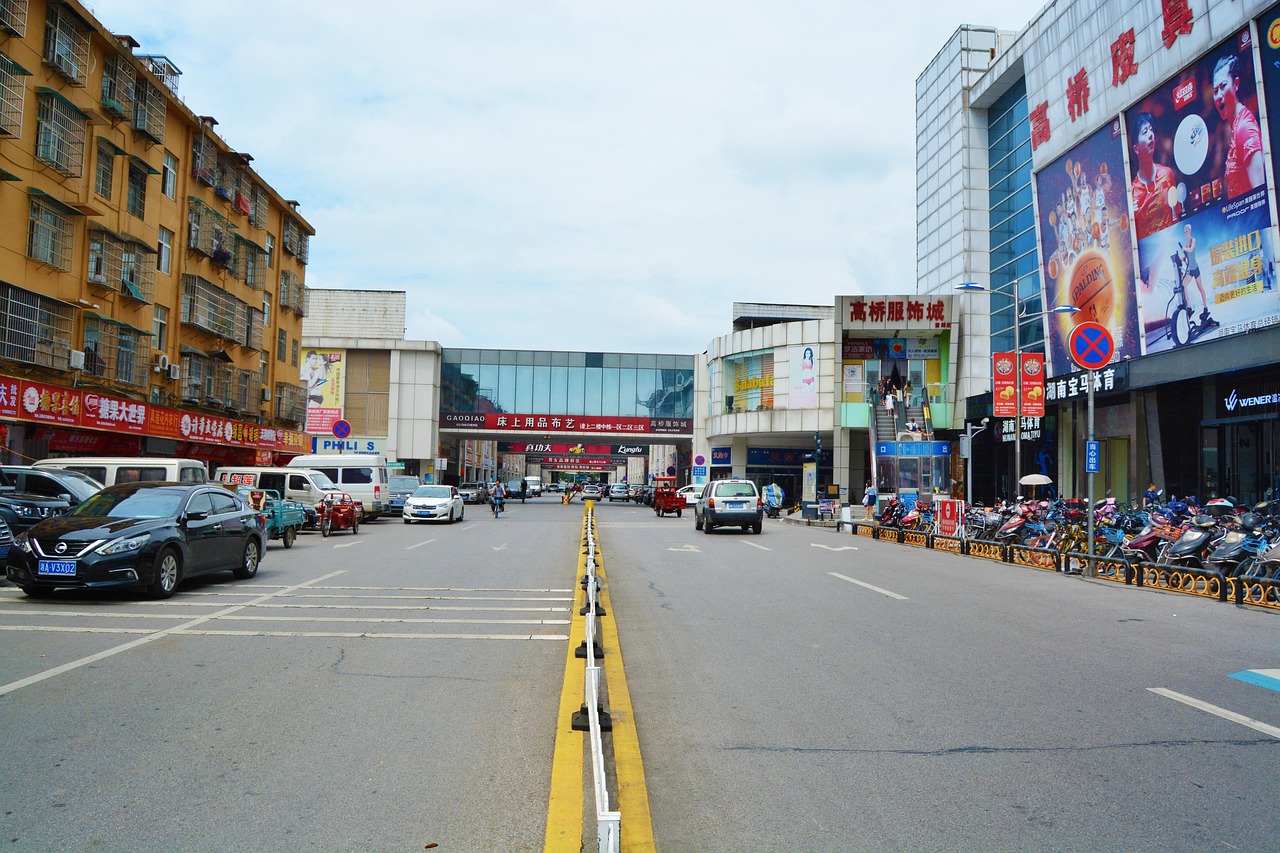关于新冠疫情的英语报道(关于新冠疫情的英语报道作文)
The Global Pandemic: A Comprehensive Analysis of the COVID-19 Outbreak and Its Impact on Society
Introduction
The world has been reeling under the impact of the novel coronavirus (COVID-19) since its emergence in late 2019. This pandemic has not only reshaped the global health landscape but has also had far-reaching consequences on economies, societies, and individual lives. This article aims to provide a comprehensive analysis of the COVID-19 outbreak, its origins, the measures taken by governments worldwide to combat the virus, the economic and social impacts it has had, and the future implications for global health and governance.
The Origin and Spread of COVID-19
The COVID-19 virus is a highly contagious respiratory illness caused by a novel coronavirus that was first identified in Wuhan, China, in December 2019. Early reports suggested that the virus originated from a seafood market in Wuhan that sold live animals, leading to the theory that it might have jumped from bats to humans through an intermediary host. However, the exact mode of transmission remains unclear, and further research is needed to understand the full extent of its origins.
The virus quickly spread globally, reaching almost every country within a few months. By March 2020, the World Health Organization (WHO) declared the outbreak a pandemic, marking a significant milestone in its global spread. The high rate of transmission and the lack of effective treatment or vaccine at the outset made it challenging for governments and healthcare systems worldwide to manage the crisis effectively.
Government Responses and Public Health Measures
To curb the spread of the virus, governments around the world implemented various measures, including lockdowns, social distancing, travel restrictions, and mask mandates. These measures have been both effective in reducing the rate of infection and criticized for their economic and social impacts.
Lockdowns: Many countries implemented strict lockdowns, restricting movement and forcing businesses to close. While these measures significantly slowed the spread of the virus, they also caused widespread economic disruption, with millions of people losing their jobs and businesses struggling to stay afloat.
Social Distancing: Social distancing measures, such as maintaining a safe distance from others and avoiding large gatherings, have been crucial in reducing the spread of the virus. However, they have also led to social isolation and mental health challenges.

Travel Restrictions: International travel restrictions have been imposed to prevent the further spread of the virus. These measures have disrupted global supply chains and caused economic losses for many countries dependent on tourism.
Mask Mandates: Wearing masks in public places has been shown to be an effective way to reduce the spread of the virus. However, compliance has varied widely across different regions and cultures.
Economic Impacts of COVID-19
The economic impacts of COVID-19 have been severe and widespread. The pandemic has caused a global recession, with many countries experiencing negative growth and high unemployment rates. The International Monetary Fund (IMF) has estimated that the global economy will contract by 3% in 2020, with a partial recovery expected in 2021.
Job Losses: Millions of people have lost their jobs due to business closures and reduced economic activity. The hospitality, tourism, and retail sectors have been particularly hard hit.
Supply Chain Disruptions: The pandemic has disrupted global supply chains, leading to shortages of essential goods and services. This has had a significant impact on industries such as manufacturing, agriculture, and healthcare.
Debt Crisis: Many countries are facing a debt crisis due to reduced revenue from tax collections and increased spending on healthcare and social welfare programs. This has put immense pressure on governments and international organizations to find ways to support struggling economies.

Social Impacts of COVID-19
The social impacts of COVID-19 have been profound, affecting every aspect of daily life. The pandemic has led to increased mental health issues, social isolation, and a shift in societal norms and behaviors.
Mental Health: The pandemic has caused widespread stress and anxiety due to uncertainty about health outcomes and economic stability. Many people have reported feelings of isolation and loneliness due to social distancing measures. This has led to an increase in mental health issues such as depression and anxiety disorders.
Social Norms: The pandemic has led to a shift in societal norms and behaviors. For example, remote work has become the norm for many industries, leading to changes in work-life balance and new challenges for employers and employees. Additionally, social distancing measures have led to a decline in social interactions and a shift towards digital communication.
Healthcare Systems: The pandemic has exposed weaknesses in many healthcare systems worldwide. In some countries, healthcare workers have been overburdened with cases, leading to burnout and exhaustion. In others, there have been shortages of critical medical supplies such as personal protective equipment (PPE) and ventilators. This has highlighted the need for improved healthcare infrastructure and preparedness for future pandemics.
Future Implications for Global Health and Governance
The COVID-19 pandemic has highlighted several challenges facing global health and governance. It has exposed weaknesses in international cooperation, highlighted the need for equitable access to vaccines and medical resources, and underscored the importance of investing in public health infrastructure.

International Cooperation: The pandemic has highlighted the need for stronger international cooperation in addressing global health crises. Countries must work together to share information, resources, and technology to develop effective treatments and vaccines. This requires increased investment in global health organizations such as WHO and stronger partnerships between governments, private sectors, and civil society organizations.
Equitable Access to Resources: The unequal distribution of vaccines and medical resources during the pandemic has raised concerns about equity and justice in global health governance. High-income countries have been able to secure large quantities of vaccines for their populations while low-income countries struggle to access them. This highlights the need for a more equitable distribution system that prioritizes access for all countries regardless of their economic status.
Public Health Infrastructure: The pandemic has exposed weaknesses in many countries' public health infrastructure. To prevent future pandemics, it is essential to invest in public health systems that are resilient, well-equipped, and able to respond quickly to emerging threats. This includes strengthening healthcare systems, improving surveillance capabilities, and increasing investments in research and development for new treatments and vaccines.
Conclusion
The COVID-19 pandemic has had far-reaching consequences on global health, economies, and societies. While governments have taken various measures to combat the virus, these efforts have come at significant costs both economically and socially. The future of global health depends on strengthening international cooperation, ensuring equitable access to resources, and investing in resilient public health infrastructure. As we move forward from this crisis, it is crucial that we learn from our experiences and work together to build a more resilient and equitable world for all.





还没有评论,来说两句吧...